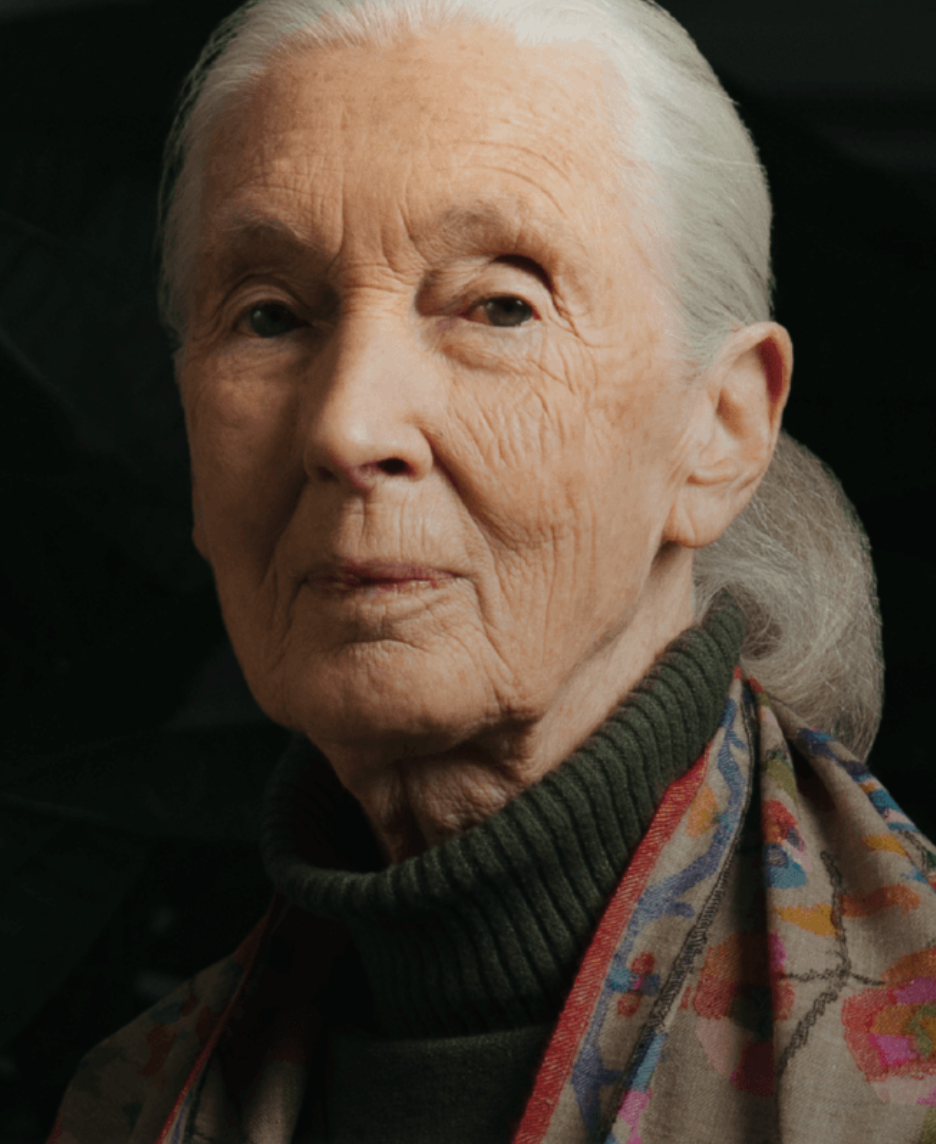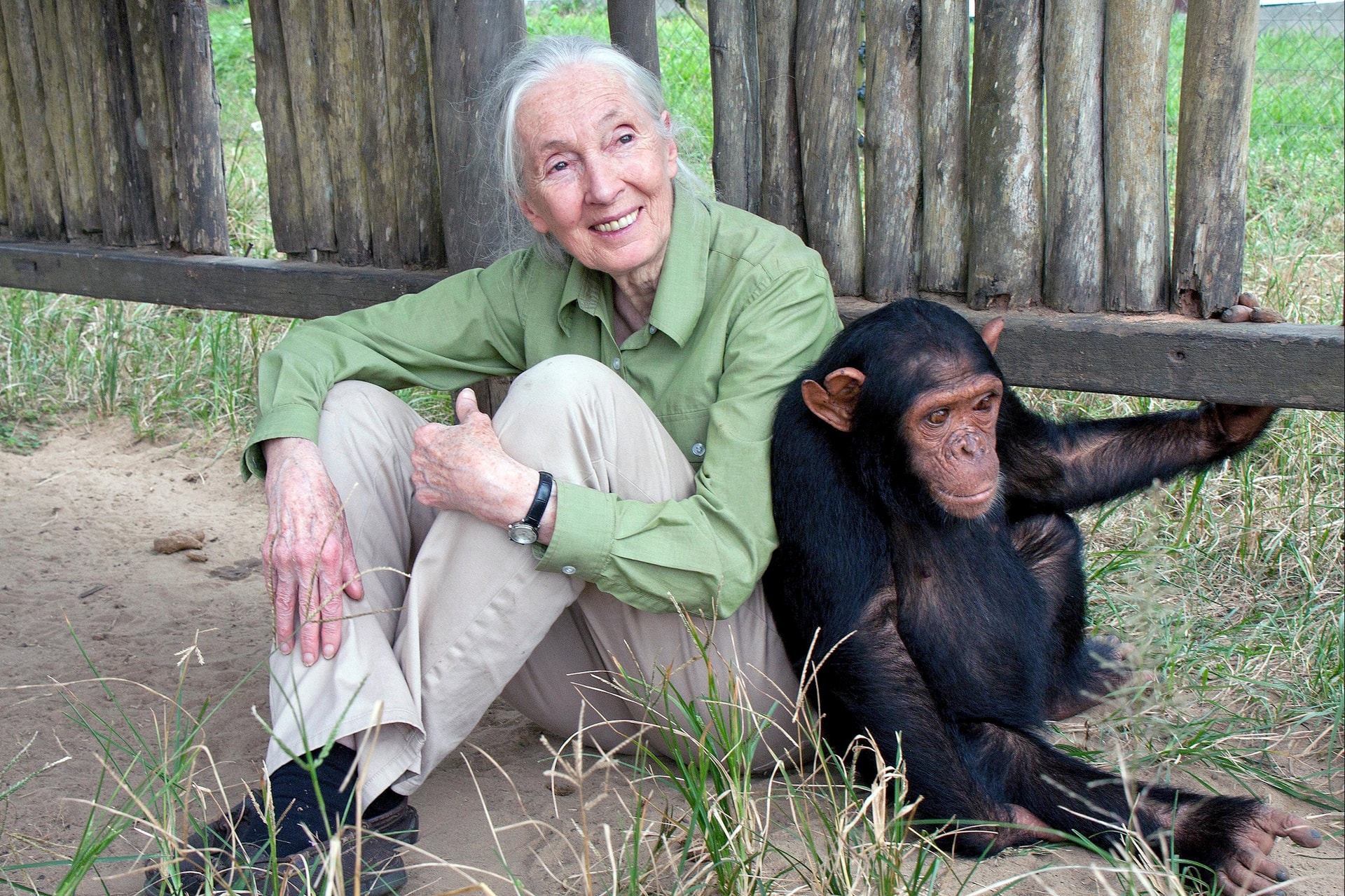Early Life and First Steps into Science
Jane Morris Goodall was born in London in 1934. From her earliest childhood, she displayed a deep fascination with animals and the natural world. Unlike many of her contemporaries, she did not begin with formal university training but rather with a passion so strong that it carried her across continents. This determination eventually led her to the heart of Africa, where she would forever change the way humanity understands its closest relatives.
 In the past few hours, a series of famous international newspapers have reported on the passing of the head of the Jane Goodall Institute.
In the past few hours, a series of famous international newspapers have reported on the passing of the head of the Jane Goodall Institute.
A Transformative Journey in Tanzania
In 1960, with the support of famed anthropologist Louis Leakey, Goodall traveled to Tanzania and began her pioneering research in the Gombe Stream National Park. There, through years of patient observation, she revealed extraordinary insights into the lives of wild chimpanzees. Her discoveries—that chimpanzees use tools, that they form complex social bonds, that they express emotions once thought uniquely human—challenged established scientific assumptions and forced the world to reconsider the boundary between humans and other animals. Her work did not just add to the field of primatology; it redefined it.
Building Institutions and Inspiring Youth
The impact of her research expanded far beyond academic circles. In 1977, Goodall established the Jane Goodall Institute, which has since become a global force for conservation and education. Through this organization, she dedicated her life to protecting great apes and their habitats while advocating for environmental stewardship across the globe. Her vision also gave rise to the Roots & Shoots program, which encourages young people to engage in meaningful projects that benefit animals, people, and the environment. Today, that program is active in more than one hundred countries, carrying her message into classrooms, communities, and future generations.
Passing and Worldwide Tributes
On October 1, 2025, Jane Goodall passed away in California while on a lecture tour, at the age of ninety-one. The Jane Goodall Institute confirmed that she died peacefully of old age. News of her passing spread quickly across the world and was met with an outpouring of tributes. Leonardo DiCaprio described her as a true hero of the planet and a source of inspiration to millions. Former U.S. President Joe Biden reflected on her life by noting that she had shown humanity how looking for kinship in nature reveals our own shared humanity.
 Jane Goodall with Mocambo, an orphaned chimpanzee at the Jane Goodall Institute's Tchimpounga Chimpanzee Rehabilitation Centre in Pointe Noire, Republic of Congo.
Jane Goodall with Mocambo, an orphaned chimpanzee at the Jane Goodall Institute's Tchimpounga Chimpanzee Rehabilitation Centre in Pointe Noire, Republic of Congo.
Lasting Scientific and Cultural Legacy
Goodall’s contributions to science extended far beyond the behavior of chimpanzees. By demonstrating that animals display intelligence, empathy, and individuality, she reshaped the way society views the natural world and our place within it. For decades, she traveled tirelessly, even into her later years, urging audiences everywhere to recognize the urgent need for environmental action. Her message was simple but profound: every person can make a difference, whether by planting trees, protecting wildlife, or living more sustainably.
Honors and Recognition
Over her long career, Jane Goodall received countless accolades that reflected the global impact of her work. She was awarded the Templeton Prize in 2021 for her ability to bridge science and spirituality, she was made a Dame Commander of the Order of the British Empire in 2004, and in 2006 she received UNESCO’s 60th Anniversary Medal for her extraordinary contributions to conservation. In 2025, shortly before her passing, she was honored with the Presidential Medal of Freedom, the highest civilian award in the United States, in recognition of her lifelong dedication to science and humanity.
Carrying Forward the Flame
Jane Goodall’s passing marks not an end but a continuation of her mission. The institutions she created, the programs she nurtured, and the millions of people she inspired now carry forward her vision of a world in which humans live in harmony with nature. As she often reminded us, the call to act does not come from obligation alone but from love for future generations and the hope of leaving them a planet worth inheriting.
